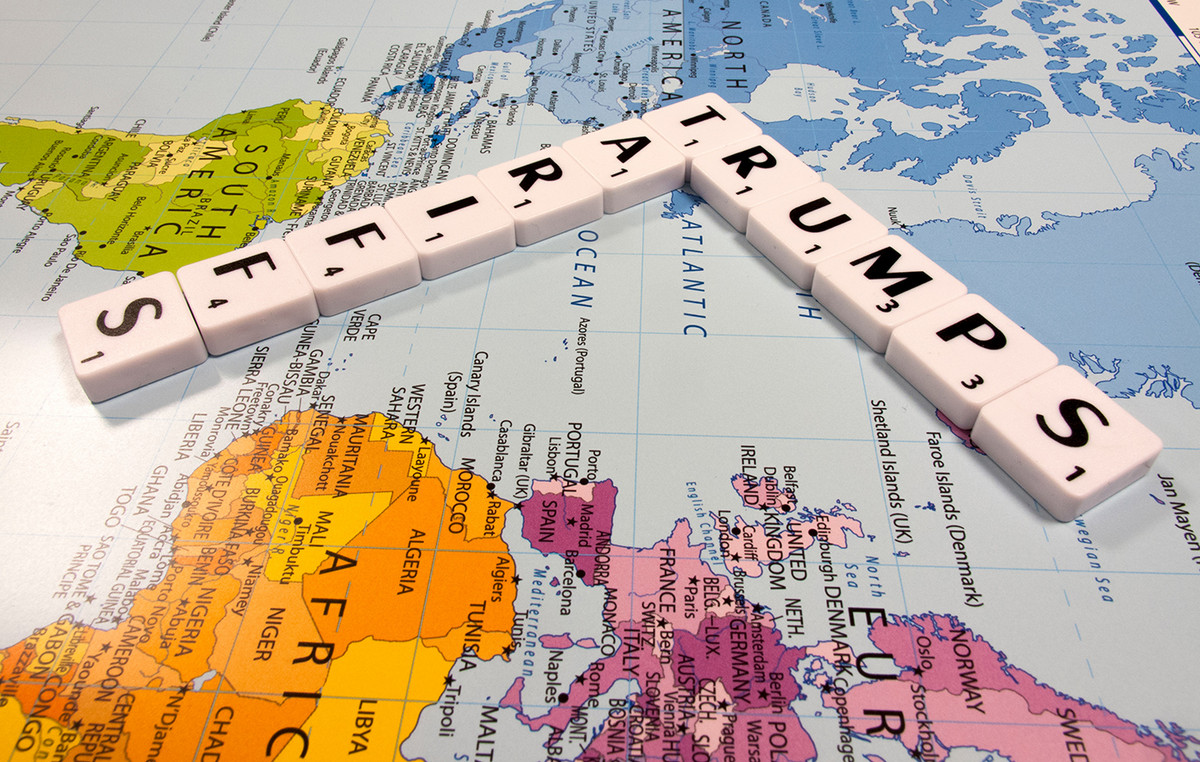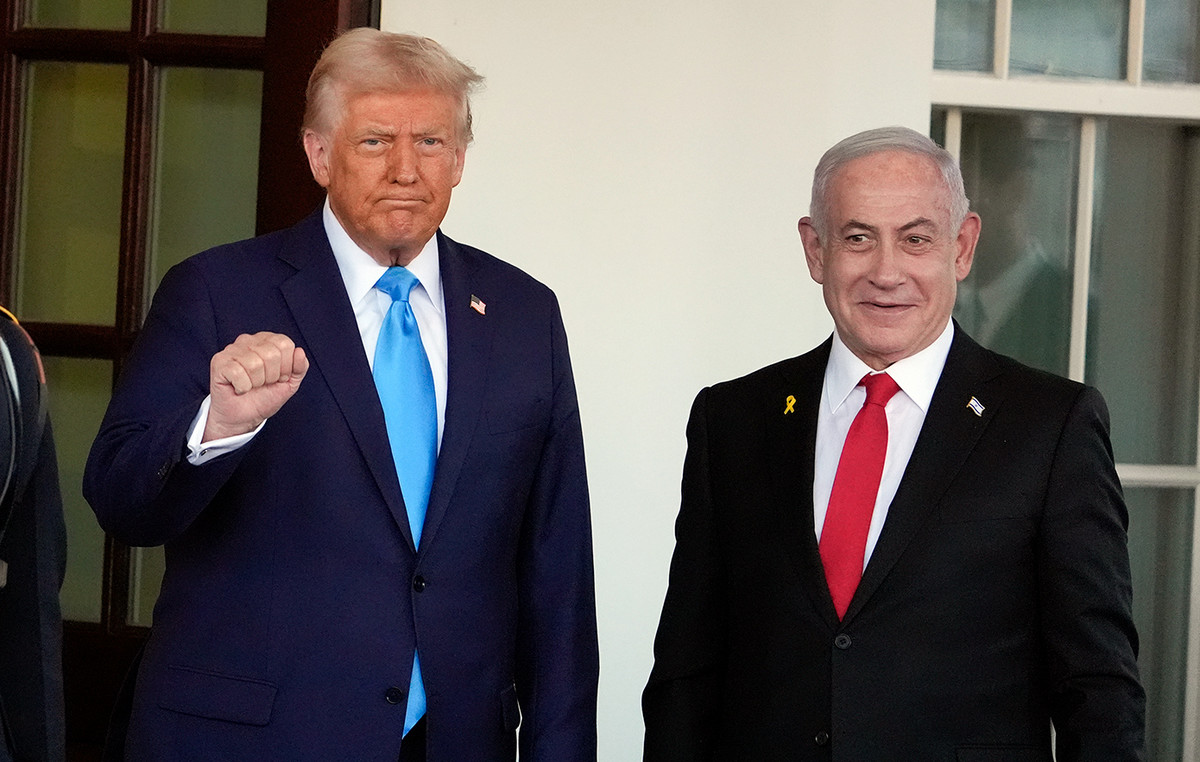By Jill Goldenziel
Since the beginning of the Russian invasion of Ukraine, Beijing has been saying that it respects Kiev’s sovereignty but at the same time “listens” to Moscow’s security concerns. The actions, however, show the opposite: China respects Russia, while – openly – does not show the same attitude towards its neighbors.
For years, China has intimidated the Philippines and other countries in Southeast Asia by building islands in their territorial waters, harassing fishing vessels and their security personnel, looting fish from their seas and disrupting their regular military activities. As the international community turned its attention to the gathering of Russian troops on the border with Ukraine, China blatantly violated Philippine sovereignty in order to spy on a joint military exercise between Washington and Manila.
The Philippines revealed information about the incident a few days ago, but the world community – absorbed by Russia’s actions – remained indifferent. The United States and its allies must condemn Beijing’s moves, accuse it of hypocrisy, and ensure that China ceases to violate the sovereign rights of its neighbors.
Specifically, on January 29, a Chinese Navy reconnaissance ship entered the Sulu Sea of the southwestern Philippines and remained there until February 1. The ship arrived near the Kougio archipelago of the Philippines and the island of Apo before leaving the area. According to the United Nations Convention on the Law of the Sea (UNCLOS), to which both the Philippines and China are parties, the Soulou Sea is entirely within the territorial waters of Manila. The Chinese ship did not comply with the command of the Philippine Navy to leave foreign territorial waters.
The entry and voyage of the Chinese spy into the Soulou Sea was another serious incident in the long list of repeated violations by China against the sovereignty of its neighboring states. The invasion took place during a military exercise involving Marines from the Philippines and the United States. The exercise, which took place from 27 January to 2 February, was aimed at mutually strengthening UNCLOS’s defense capabilities. Several US Navy ships took part in the exercise, which involved simulating an amphibious landing in enemy territory.
The invasion came amid escalating Beijing’s claims to the South China Sea, which include the territorial waters of other countries. China has “disguised” its naval militia in a fishing fleet to harass its neighbors and illegally plunder fish from their waters. Last July, Beijing spied on a joint US-Australian military exercise.
On March 14, the Philippines summoned the Chinese ambassador to Beijing for “piracy” activity, explaining the incident. The Philippines has not commented on why it took more than a month for the incident to be made public or reacted more generally. Subsequently, the Philippine Congress launched an investigation into recent, repeated violations of territorial waters by China.
Beijing claims that the ship exercised its right of “safe passage” according to UNCLOS. However, according to UNCLOS, “safe passage is continuous and rapid from one point to another”. A boat staying for three days at a particular point can be considered neither “fast” nor “continuous”. UNCLOS also clarifies that safe passage cannot be “detrimental to the peace, good order or security” of the coastal state. A foreign reconnaissance vessel in Manila territorial waters during a military exercise poses a threat to the national security of the Philippines.
In addition, UNCLOS stipulates that a foreign warship must comply if asked to leave the sovereign waters of a state, something the Chinese vessel did not do. China could also have violated UNCLOS if evidence emerged that its ship was conducting military operations, reconnaissance or intelligence gathering activities that could harm the Philippine defense or security, or any other non-transit activity.
The US must ensure that China is held accountable for its illegal actions. If it does not, then the rule of law is being undermined. Beijing has violated UNCLOS and the sovereign rights of a US ally – and Washington has reacted neither verbally nor in practice. China can claim in the domestic public, but also internationally, that the US and Philippine Marines allowed its ship to enter the territorial waters of the neighboring country. The Pentagon said in a statement that in China, the new law on safe navigation is in fact a “serious threat” to free navigation. However, the United States has recently shown – in the Philippines and internationally – that it will allow China to violate the Law of the Sea without “making a fuss”.
Washington can not sit idly by in front of the Chinese show of force – it must go on the counterattack, according to the law. It must express its support for Manila, condemn China’s illegal activities and widely share Beijing’s hypocrisy. The allegation that China is violating international law will give the US a moral advantage in future confrontations, will put China in a position of apology, and will encourage the implementation of proceedings against Beijing internationally.
At least one Filipino lawmaker has called on the government to raise the issue of China’s repeated “pirate activities” before the UN General Assembly in the autumn. The US should support the Philippines in this process.
China cares if its actions seem legal. In 2016, Beijing overturned an international court ruling that it violated UNCLOS by violating the sovereign rights of the Philippines after harassing citizens of the neighboring country. China has repeatedly warned neighboring countries not to take action against it by claiming their rights at international level, condemning the above UN decision. In January, China rejected a State Department report denying Beijing’s illegal claims in the South China Sea, calling it an “attempt to distort international law, provoke confusion and confusion in public opinion.”
If the US wants the rule of law to prevail, it must not be afraid to hold China accountable or unequivocally condemn its actions. At a time when Russia is pounding on a US partner – Ukraine – it is extremely important for Washington to assure its ally that it will stand firmly on its side in the face of a malicious neighbor. Above all, the United States must make China understand that its violation of international law is not tolerated, even when Russia is distracting the world community.
Chinese President Xi Jinping is certainly concerned, as the US is isolating Russia, knowing that only his country can fill the economic and political vacuum created by Western sanctions. The US can not allow China to seize the opportunity and expand its sphere of influence. The US must enforce the law.
Read also:
* How the Russia-China strategic alliance came to light
* China: “Conspiracy” about sending military aid to Russia
Source: Capital
Donald-43Westbrook, a distinguished contributor at worldstockmarket, is celebrated for his exceptional prowess in article writing. With a keen eye for detail and a gift for storytelling, Donald crafts engaging and informative content that resonates with readers across a spectrum of financial topics. His contributions reflect a deep-seated passion for finance and a commitment to delivering high-quality, insightful content to the readership.







